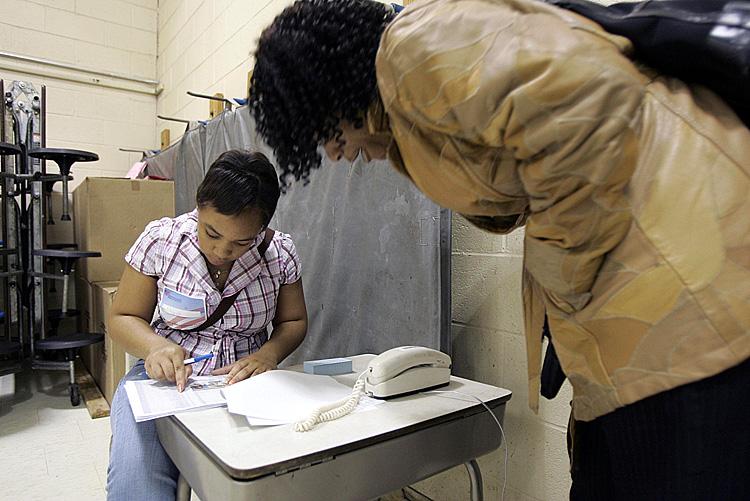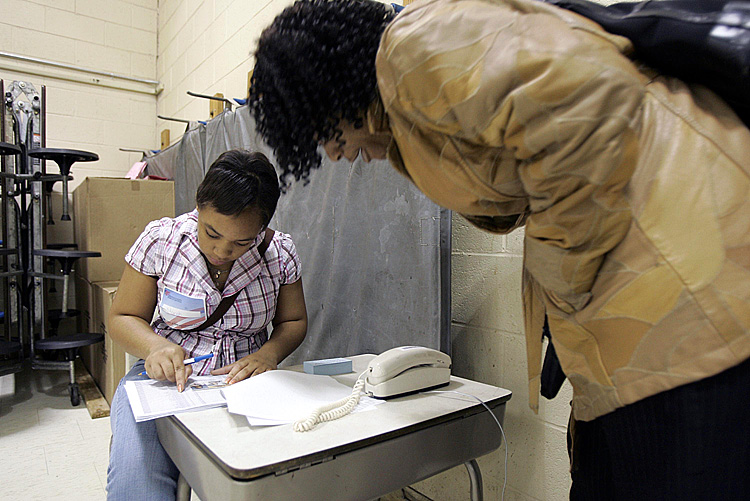With five weeks to go before the presidential election, a judge has ruled that a key provision of Pennsylvania’s controversial new voter ID law will not be enforced in November.
Commonwealth Court Judge Robert Simpson ruled against the law on Tuesday. The six-month-old law was meant to prevent voter fraud, but opponents claimed it was intended to disenfranchise likely Democratic voters.
The court was asked to assess the actual availability of photo ID cards required by the new voter law, and whether a lack of availability of the cards would impact voters.
Judge Simpson ruled it would. “I’m still not convinced in my predictive judgment that there will be no voter disenfranchisement,” Judge Simpson said in his statement.
“I expected more photo IDs to have been issued by this time. For this reason, I accept Petitioners’ argument that in the remaining five weeks before the general election, the gap between the photo IDs issued and the estimated need will not be closed,” the judge stated.
The law required voters who did not have ID to cast a paper provisional ballot, which would then be validated by bringing a photo ID to county officials within six days of the election. Simpson excused them from that requirement.
For the November elections, registered voters without an ID may now vote on regular machines and not have to return to prove their identities.
Voters must have “liberal access” to the polls, Judge Simpson wrote, and provisional ballots can have the effect of disenfranchising people, and are not secret enough.
Due to such circumstances the judge issued the injunction. His decision could be appealed before the election.







